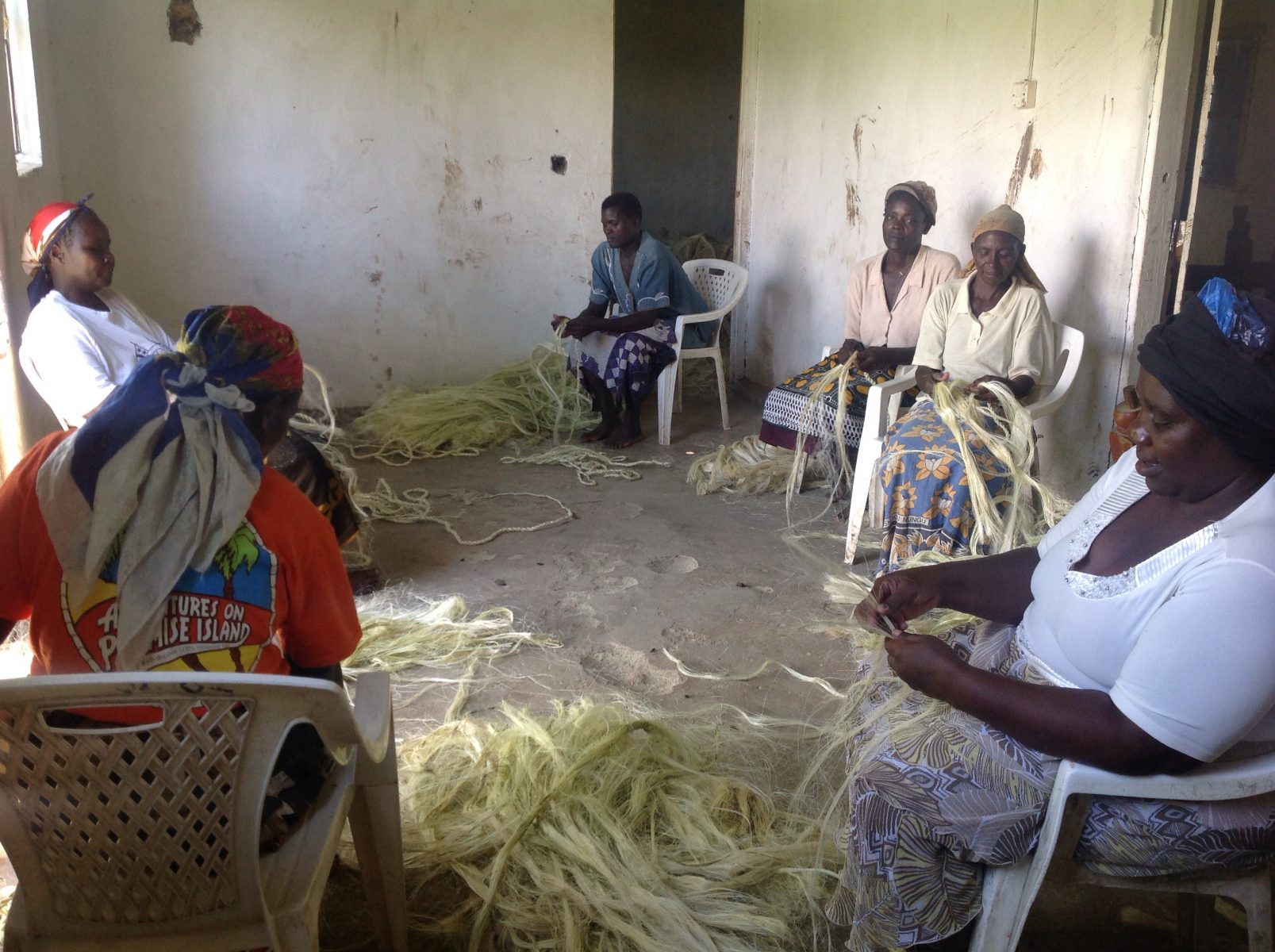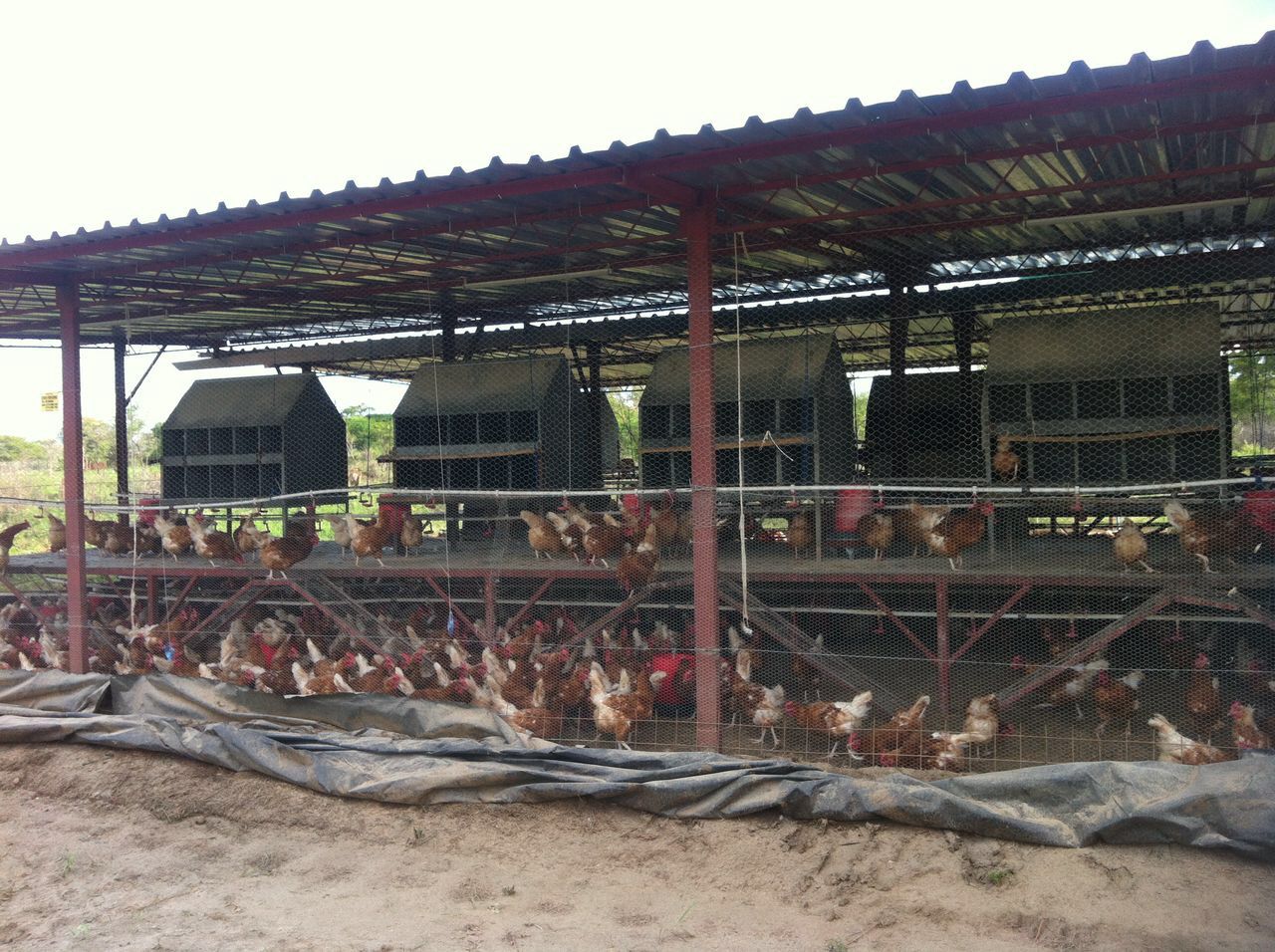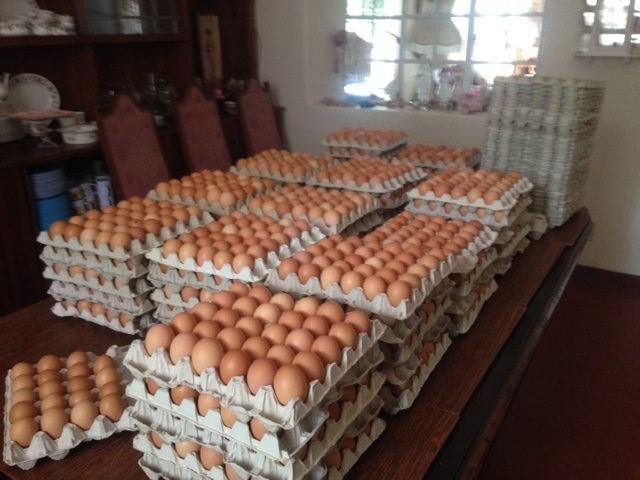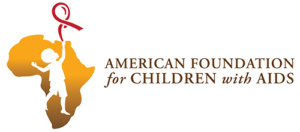Partner Program Support
Through long term relationship building with area communities and leaders, we work to identify the root causes of issues within a community and build programs with local stakeholders in order to assure community adoption. As outsiders, we work as a support structure, but it is the community that leads the charge and identifies the core needs to be addressed and the proposed solutions to the problems. We believe in implementing sustainable programs to support the work of our partners. We want the orphanages, community groups, training centers, clinics, hospitals and other partners to be able to carry on their work in a sustainable manner, well into the future. With this in mind, we fund and help manage large projects such as:
Community Gardens
Initial investments in non-GMO seeds, which can be saved and planted every season, provide opportunities for HIV+ widows to earn living wages as well as care for their children. Part of the produce from these large gardens is sold in local markets and a portion is donated to feed local orphans and at-risk community members. Each year, the gardens expand with new beds, positively impacting many more people.
Green Houses
One way that we can assure long term sustainability for orphanages is by protecting crops from the impact of climate change. We also see when crops are planted in greenhouses, they are larger in size and the controlled environment assures protection from locusts and other pests, maximizing the amount that can be sold to market and consumed by the community. With high yields, children in orphanages eat well, with the excess produce sold at market. The income from these sales helps cover salaries and other routine costs faced by the institution. An added bonus is that it is in these greenhouses that many orphans are trained to produce their own food – skills that will benefit them throughout their lives.
Weaving
Sisal (Agave sisalana) is a plant cultivated in parts of Africa for its fiber which is valued for cordage or twine which is used widely in applications such as basket weaving, the making of arts and crafts, and even shoes! Sisal is known for its strength and durability. Our sisal program in Kenya was established to provide funds for the orphanage we support, in the hopes that they will become self-sufficient, not needing external help. The side benefit from this project is that it offers elderly caretakers the opportunity to earn an income to support the children in their care. This project also hires HIV+ widows so they can take care of their families. Even the residue of the sisal plant (when fiber is extracted) is sold as manure to local farmers!
Trees
Matabeleland South and North Provinces of Zimbabwe have the highest incidences of malnourished children in the whole South African Development Community Region. This is due to: erratic rainfall, poverty and AIDS. In order to combat these issues, the American Foundation for Children with AIDS has implemented a five-year tree project, planting 50,000 trees. Some of the varieties include moringa, local hardwoods, various citrus, avocado and mango. After trees have taken root, half will remain at our partner project at Morning Star, while the other half will go to local families and schools to provide education, food sources and income. The goals of the project are to:
- Conserve indigenous trees
- Boost the honey production of beneficiary families who are part of the bee project
- Sustainable management training for use
a. fuel for heating and cooking
b. timber for construction and fencing - A source for food for animals and humans
- A source of traditional medicines for animals and humans from roots, bark and leaves
In addition, the roots and trees help to combat climate change issues such as erosion and the branches offer protection from extreme heat.




